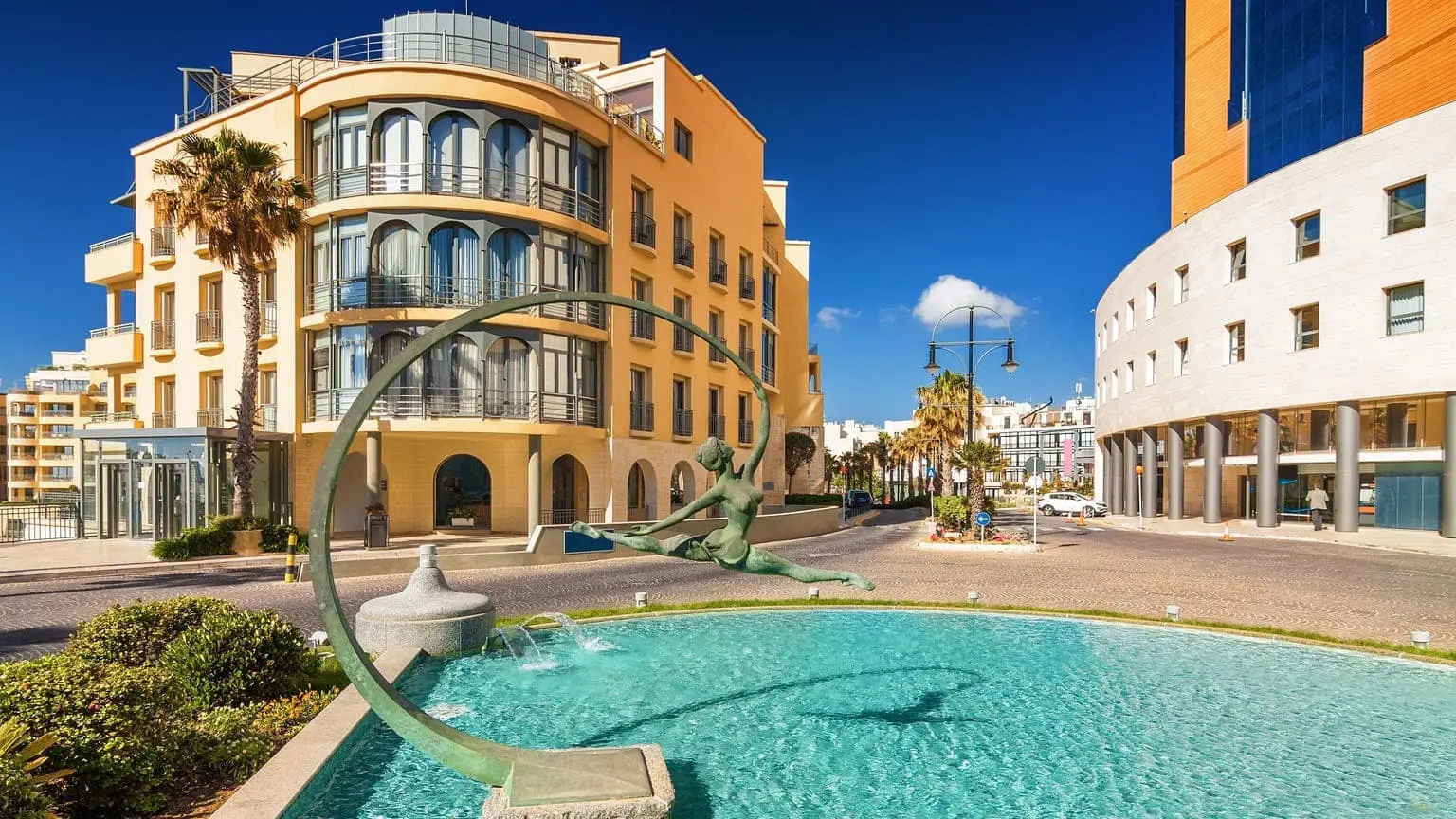
Buying a home in Malta isn’t just about picking a property and calling it a day. There’s a lot more to it, and many people, even seasoned investors, get tripped up by all the rules, fluctuations, and local nuances. You might think it’s as simple as looking through listings, but trust me, there’s more to it than meets the eye.
Let’s face it: Malta’s real estate market can be a jungle. Prices are high, the process is complicated, and it can feel like you’re always one step behind. But don’t worry, I’m not here to sell you a dream. I’m here to give you a realist’s guide to buying a place in this market. No fluff, no sugar-coating.
If you’re planning to pull the trigger on a property here, you need to come prepared. So, let’s break it down, and I’ll walk you through the must-know tips that can save you time, money, and stress.
Key Points to Keep in Mind
- Know your budget and stick to it.
- Understand the local market cycle and trends.
- Get a good lawyer (trust me, you’ll need one).
- Research financing options carefully.
- Location matters more than you think.
- Avoid emotional buying decisions.
- Use a reliable agent with local expertise.
- Don’t ignore the hidden costs.
- Always check property history and legal issues.
- Read up on cooling measures and government policies.
1. Know Your Budget, But Be Realistic
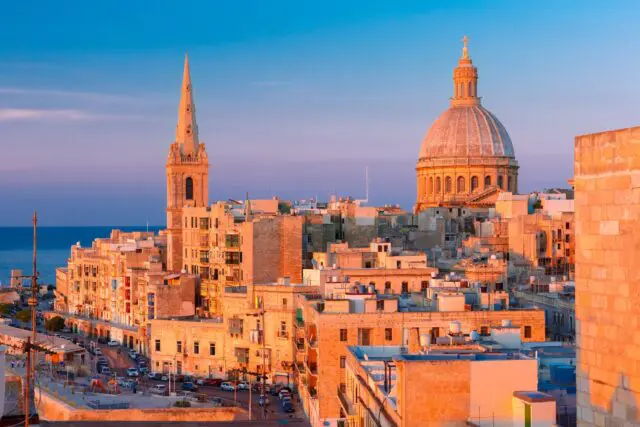
The budget is where it all begins. Without it, you’re just wandering around like a headless chicken. Before you even start looking, nail down how much you can afford. And don’t kid yourself by thinking you can just “figure it out later”—that never works.
In Malta, especially, you’ll find that prices can be a bit overwhelming. You’ll be looking at flats for sale in Malta with dreams of a large villa, only to realize your wallet’s more suited for a cozy apartment. Start with your maximum limit, and then be prepared to stretch it a little if you find a spot that’s worth it.
Pro tip: Get pre-approved for a mortgage before even considering a property. It’s a game-changer. Without that, you’re just guessing. Knowing what you can borrow lets you narrow down options.
2. Market Cycles Are Real—Know When to Buy
Malta’s market isn’t static. Like every other market, it has its cycles. There are times when properties are in high demand, and other times when prices cool down. If you jump in at the wrong time, you could be paying a premium.
How do you time it right? Simple: keep an eye on market trends. Local news, real estate websites, and social media are great sources to spot when things are heating up or slowing down.
Tip: Don’t just go by the hype. Talk to locals, check the data, and get a feel for the market pulse. Buying during a market dip could save you big bucks.
3. Don’t Skip the Lawyer—You’ll Regret It

Here’s one thing a lot of buyers overlook: lawyers are your best friend in this process. If you’re not a local, you’ll find that the legal side of things can get complicated. Trust me, you don’t want to be trying to navigate Malta’s property laws without a guide.
A lawyer will make sure you’re not missing anything in the contract, that the property title is clean, and that there are no nasty surprises waiting for you. Not all lawyers are created equal, though. Find someone with experience in real estate deals. It’s worth every penny.
Bonus tip: A lawyer can also help you understand Malta’s tax implications and other legal obligations you might not know about. Without this, you might be left with a nasty bill.
4. Location Matters, But So Does the Community
Location might be the #1 factor when it comes to choosing a property. You don’t want to end up somewhere remote or in an area that’s all but dead after 6 PM. But location isn’t just about convenience or proximity to the beach. It’s about the vibe, the community, and the long-term potential of the area.
Hot tip: Research the neighborhood’s future development plans. An area that seems like a quiet corner of Malta could soon be bustling with new projects that will either boost property values or drive them down.
If you’re considering buying in the heart of a popular area like Valletta or Sliema, know that you’ll be paying top-dollar for the location. But what about other spots in Gozo or Birkirkara? Sometimes, less obvious areas can provide better returns in the long run.
5. Don’t Let Emotions Get in the Way
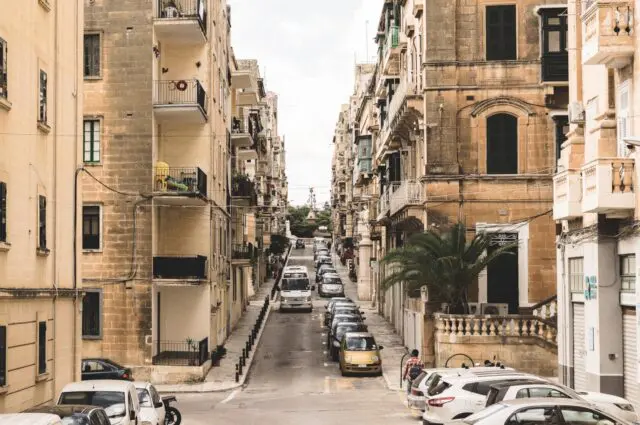
When you find a place you like, it’s easy to fall in love with it. It’s shiny, new, and screams “dream home,” but hold your horses. Emotional decisions are the enemy of a smart investment. Buying with your heart, instead of your head, leads to regrets.
The goal is to buy a property that checks all your practical boxes: solid investment, good location, and something that fits your budget. Forget the pretty backsplash or the oversized closets for a second. Think about the numbers and what’ll give you the best return over time.
6. Work with a Local Agent Who Knows the Ins and Outs
Not all real estate agents are equal. A good agent doesn’t just show you properties—they understand the market, the trends, and the intricacies of buying a property in Malta. Look for someone who’s local, knows the areas inside and out, and has a solid reputation.
The right agent can save you time by filtering out properties that don’t meet your criteria and can help negotiate deals. They’ll also know about off-market deals or upcoming properties that haven’t hit the public listings yet.
Pro tip: Get a recommendation from someone who has already bought property in Malta. Local word-of-mouth is often the best way to find a solid agent.
7. The Hidden Costs—Be Prepared
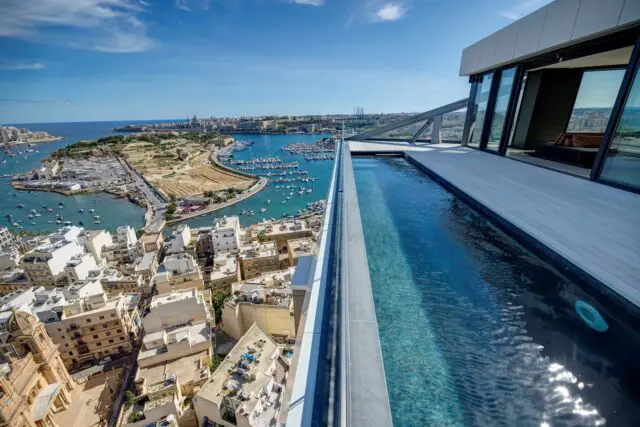
I hate to break it to you, but buying a property isn’t as simple as slapping down a deposit and calling it a day. There are hidden costs that will catch you by surprise if you’re not paying attention.
Some of the key extras include:
- Stamp Duty: 5% of the property’s value (unless you’re a first-time buyer, in which case it’s lower).
- Notary Fees: These can run up to a few thousand euros.
- Taxes and other legal fees.
Pro Tip: Add at least 10% to your total budget for these hidden costs. It’s a smart move that’ll prevent you from scrambling for cash at the last minute.
8. Always Check the Property’s History
Before buying, you must check the property’s history. Whether it’s legal disputes, unpaid bills, or renovation work that was done without permits, you need to know what you’re getting into. Don’t be afraid to ask the seller for paperwork or check with the authorities.
It’s a tough pill to swallow, but skipping this step can cost you a fortune down the road.
Pro tip: Visit the local council office and ask about any legal or structural issues related to the property. It’s a simple but essential step.
9. Know the Cooling Measures
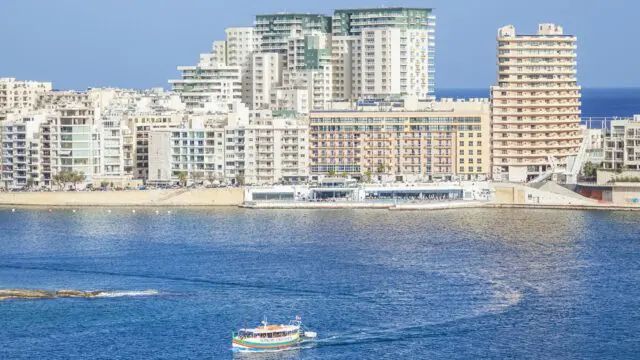
Malta has implemented a few cooling measures to prevent the real estate market from overheating. These policies are there to curb price hikes and keep the market stable. If you’re a foreigner or someone who’s not a first-time buyer, certain measures might apply to you.
Tip: Make sure you understand how these measures work and if they’ll impact your purchase. A bit of research can save you from unnecessary hurdles later.
Conclusion: Be Smart, Stay Calm, and Take Action
Buying property in Malta can be a great move, but you need to approach it like a seasoned investor, not a wide-eyed first-timer. Stick to your budget, be strategic, and don’t let the hype get to you. The property market in Malta may be exciting, but don’t rush—take your time and do your homework.
Also read: Top counties for real estate investment in 2025.
Remember, whether you’re eyeing flats for sale in Malta or a countryside villa, you need to play it smart. It’s not about finding a “dream home”—it’s about making a solid investment that fits your needs and goals. Know the risks, but also know how to spot the opportunities that others might miss.
So, get out there and start looking, but do it with your eyes wide open.













